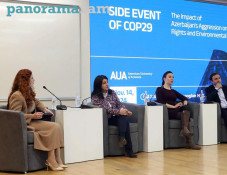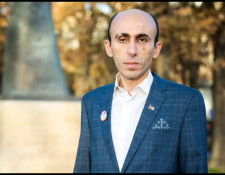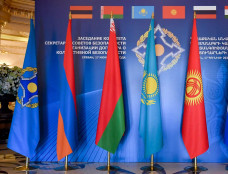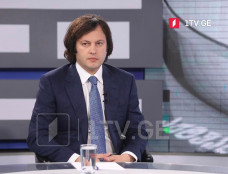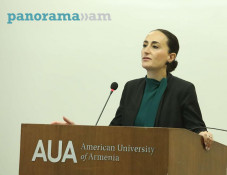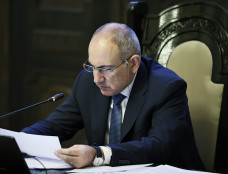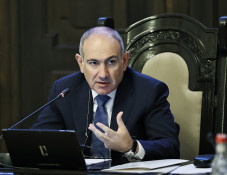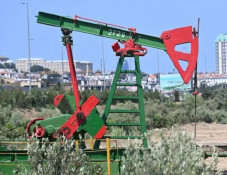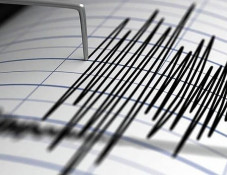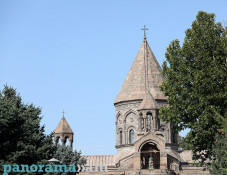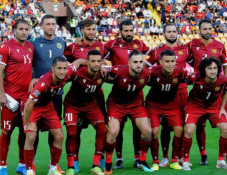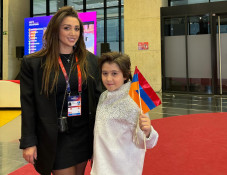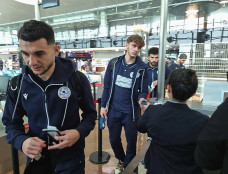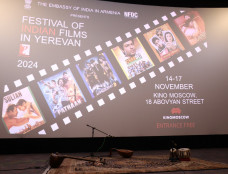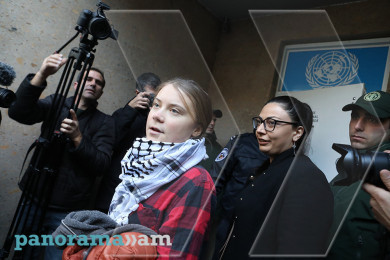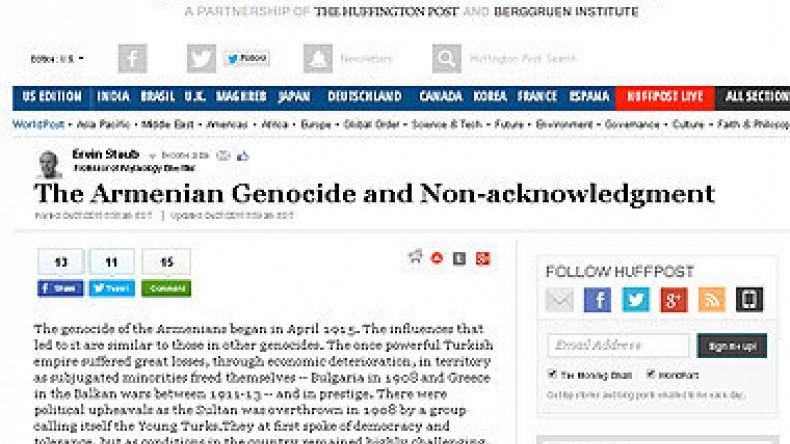
The Armenian Genocide and non-acknowledgment
By Ervin Staub
The Huffington Post
The genocide of the Armenians began in April 1915. The influences that led to it are similar to those in other genocides. The once powerful Turkish empire suffered great losses, through economic deterioration, in territory as subjugated minorities freed themselves -- Bulgaria in 1908 and Greece in the Balkan wars between 1911-13 -- and in prestige. There were political upheavals as the Sultan was overthrown in 1908 by a group calling itself the Young Turks.They at first spoke of democracy and tolerance, but as conditions in the country remained highly challenging, the Young Turks turned against the remaining minorities. Like other victims of genocide, Armenians were scapegoated to some degree for life problems.
The Armenians were a subject minority, and different in religion, Christians among Muslims. The majority culture saw them as inferior. But they were doing relatively well in Turkey, as a people effective in business and in occupying low- to mid-level administrative positions. A devalued minority doing well is especially resented, like Jews in Germany or Tutsis in Rwanda. The Armenians were also resented because, wanting better treatment and more autonomy, they repeatedly asked Western powers to exert influence on their behalf.
A strong influence in shaping the genocide was the nationalistic ideology the Young Turks adopted, a vision of recreating the country's greatness, uniting all Turkic peoples. They feared that the Armenians might succeed in creating an independent state in Eastern Anatolia, which would be a barrier between Ottoman Turks and Turkic people in the East.
Potential perpetrators change as they begin to harm a victim group. Armenians were the victims of repeated violence, the greatest before the genocide between 1894-96 when Sultan Hamid created special troops, the Hamidaya, that killed about 200,000 Armenians. War represents a further evolution of violence, which makes violence of other kinds more possible, and also provides a cover for mass violence. The genocide took place during World War I, with Turkey already suffering substantial losses in the war.
The genocide started with the killing of Armenian leaders, and then driving the bulk of Armenians into the Syrian desert. Along the way many were killed by criminals released from jail and placed along their route. The majority died in the desert.
While after the genocide and a change in government there were trials of some perpetrators, soon Turkey changed course. It not only stopped acknowledging the genocide, but began to use all means at its disposal to stop others from acknowledging it. The government paid scholars to offer alternative histories, and if a friendly country seemed about to acknowledge the genocide, Turkey threatened to withdraw from alliances or cut off relationships.
Turkey has propagated an alternative history, that the Armenians were engaged in sabotage and uprisings, and fought with the Russians against Turkey, and had to be removed from the territories in which they lived. In the course of this process people died, but no genocide was perpetrated. It has been reasonably established that some Armenians fought against Turkey during WWI, but details are in dispute. It is likely that this was mostly in self-defense, and after the genocide began. At any rate, nothing justifies the murder of a whole people, men, women and children.
Serious scholarship has identified much evidence of genocide. This includes telegrams by the top leaders ordering the killings. There were many eye witness accounts, including a detailed account by the U.S. ambassador to Turkey, Henry Morgenthau.
Perpetrators, individuals, groups or nations have great difficulty acknowledging their violence, accepting responsibility for their actions, showing empathy for victims or asking for forgiveness. Often denial takes the form of claiming that the harmful actions were necessary self-defense. Turkey denies, however, that those actions have taken place.
Denial, whatever its form, has harmful consequences, not only for survivors but for the perpetrator group. Those who deny usually maintain their intensely negative views of their victims, which was central to the violence and became more intense as justification for it.
They may also maintain their attachment to the ideology that was one of the motivators of violence.
When the perpetrators are the dominant group in a society, the negative views may extend to other minorities. For example, currently in Hungary, where as a young child I survived the Holocaust, there are strong attempts to make it appear that Hungary was a victim of Germany and had no role in the Holocaust. But Hungary was an ally of Germany in the war, and about 200,000 gendarmes and police, and more volunteers from the population, helped about 50 SS officers led by Eichman to transport about 450,000 Jews to Auschwitz. More were killed by Hungarian Nazis. In recent years there has been an upswing of antisemitism and prejudice against Gypsies. This would have been less likely had Hungary explored its role in the Holocaust. Turkey might have handled its relations to its Kurdish minority differently had it explored the influences within Turkey that led to the genocide of the Armenians.
Those who are especially affected by denial are the survivors. They have a profound need for truth, for acknowledgment of their suffering by perpetrators, and by the world. The Armenian community has focused intensely on the denial. It is a double edged matter: on the one hand, their pain about the denial and their efforts to gain acknowledgment are central elements in the strong community they have created in diaspora, like the U.S. On the other hand, the denial continuously re-victimizes them. It also interferes in the relations between Turkey and Armenia, a new country created after the collapse of the Soviet Union. I was at a conference in Armenia at the 80th year commemoration of the genocide, and some Armenian leaders strongly spoke against relations with Turkey -- which would benefit them economically -- due to the denial.
Because I have studied the roots of genocides, including the Armenian genocide, I am sometimes invited to speak at yearly commemorations. Once I spoke at the State House in Massachusetts, a state which, in contrast to the U.S., does acknowledge the genocide of the Armenians. Afterwards, at a reception, teachers who taught Armenian children, told me that in their experience the children are strongly affected by their families' and communities' focus on denial. Such focus means continuing engagement with the genocide.
In talks at commemorations and other events, I have gently suggested a few times that it may be to the benefit of the Armenian community to do something very difficult: to turn from a focus on denial to healing internally. But perhaps times are changing. At this 100 year anniversary, there have been huge demonstrations commemorating the genocide from Los Angeles to countries in Europe, and asking for the end of denial. Pope Francis and Vladimir Putin have both referred to those terrible events as genocide. In spite of existing laws in Turkey, there is more discussion within Turkey of acknowledgment. Other nations could acknowledge Turkey's many losses during WWI, while affirming the historical evidence that a genocide against Armenians took place. The U.S. could create an official commemoration, and even a National Museum like the Holocaust Museum, to recognize what was the first large-scale genocide of the 20th century.
Newsfeed
Videos





